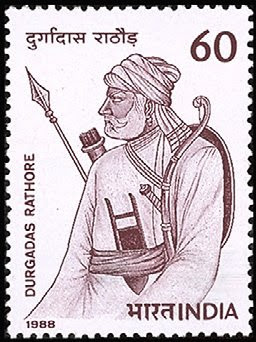13 August 1961, the German Democratic Republic (GDR, East Germany) began the construction of the Berlin Wall. This event marked a significant moment in Cold War history. The Berlin Wall was erected to prevent East Germans from fleeing to West Berlin, which was controlled by the Western Allies (the United States, the United Kingdom, and France). The Wall became a powerful symbol of the division between the communist East and the capitalist West.
The construction of the Berlin Wall involved barbed wire fences initially, followed by the development of a more substantial and fortified barrier that eventually spanned approximately 155 kilometers (96 miles) around West Berlin. It separated families and friends and caused significant suffering and hardship for those in East Germany.
The Wall stood for 28 years, until it was famously breached on 09 November 1989, leading to the eventual reunification of Germany. The fall of the Berlin Wall is often seen as a critical moment that marked the beginning of the end of the Cold War.







